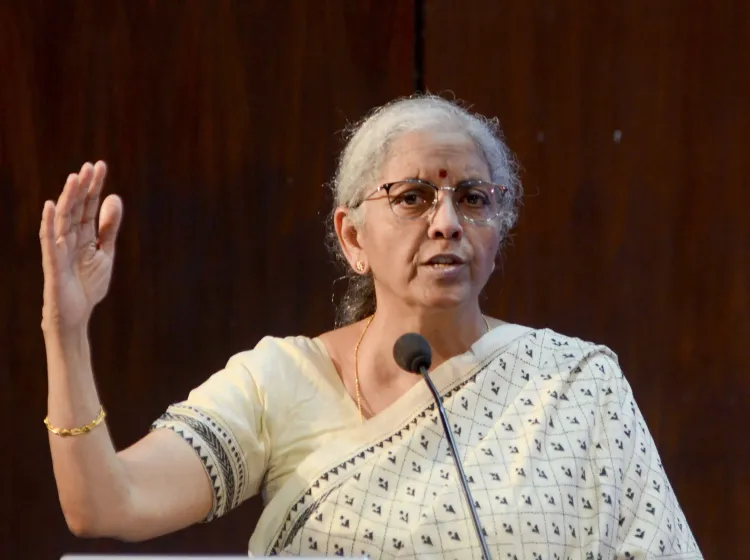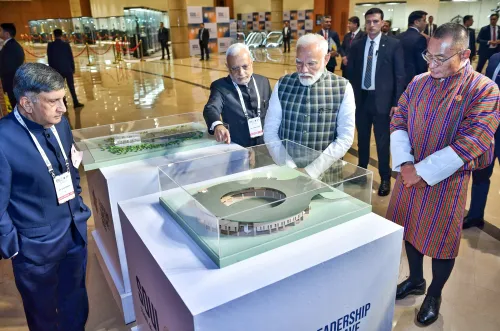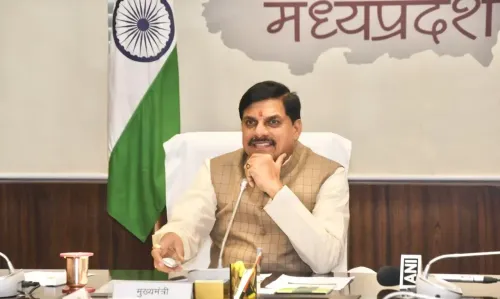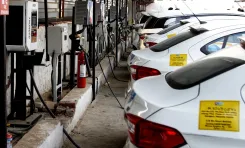How Will GST Rationalisation Benefit the Poor and Entrepreneurs?

Synopsis
Key Takeaways
- GST reforms aim to relieve financial pressure on citizens.
- Lower tax rates will make essential goods more affordable.
- Increased support for local manufacturing.
- Introduction of a 40% tax bracket for harmful luxury goods.
- The reforms were unanimously approved by the GST Council.
New Delhi, Sep 22 (NationPress) The recent GST reforms, which took effect on Monday, are set to benefit the underprivileged, middle class, emerging middle class, youth, farmers, women, shopkeepers, and entrepreneurs, as stated by Finance Minister Nirmala Sitharaman.
The rate adjustments (5% and 18%) will not only bolster local manufacturing but also foster cooperative federalism.
“We must all collaborate to enhance growth, simplify business operations, and attract investments. This significant tax reform was achievable because of the unified approach of all states since 2017,” emphasized the finance minister, referring to Prime Minister Narendra Modi's recent address to the nation.
“PM Modi’s speech conveyed multiple messages. It is regrettable that, in spite of a constructive and direction-setting address, the opposing party and its social media ecosystem propagated negativity and unfounded criticism,” she remarked in a post on X.
As per her statements, the GST reforms have alleviated the tax burden on citizens.
Goods that were previously taxed at 12% and 18% have largely been shifted to the lower 5% rate. For some essential items, the tax has been reduced to zero. This reform is poised to have a significant positive impact on all 1.4 billion Indians.
Moreover, a special tax bracket of 40% has been introduced for items deemed harmful or excessively luxurious, such as cigarettes, tobacco, pan masala, soft drinks, and high-end luxury vehicles.
The GST Council, comprising representatives from all states and union territories, unanimously ratified the reforms.
The Centre anticipates that this streamlined structure will promptly decrease prices of essential goods, stimulate consumption, and enhance economic activity.
According to the Prime Minister, almost 99% of products previously taxed at 12% have now been transitioned into the 5% category. He highlighted that this reform will render essential and lifestyle goods—from groceries and medicines to televisions, refrigerators, two-wheelers, cars, and even hotel accommodations—more affordable for the populace.









